Liberty & Human Flourishing
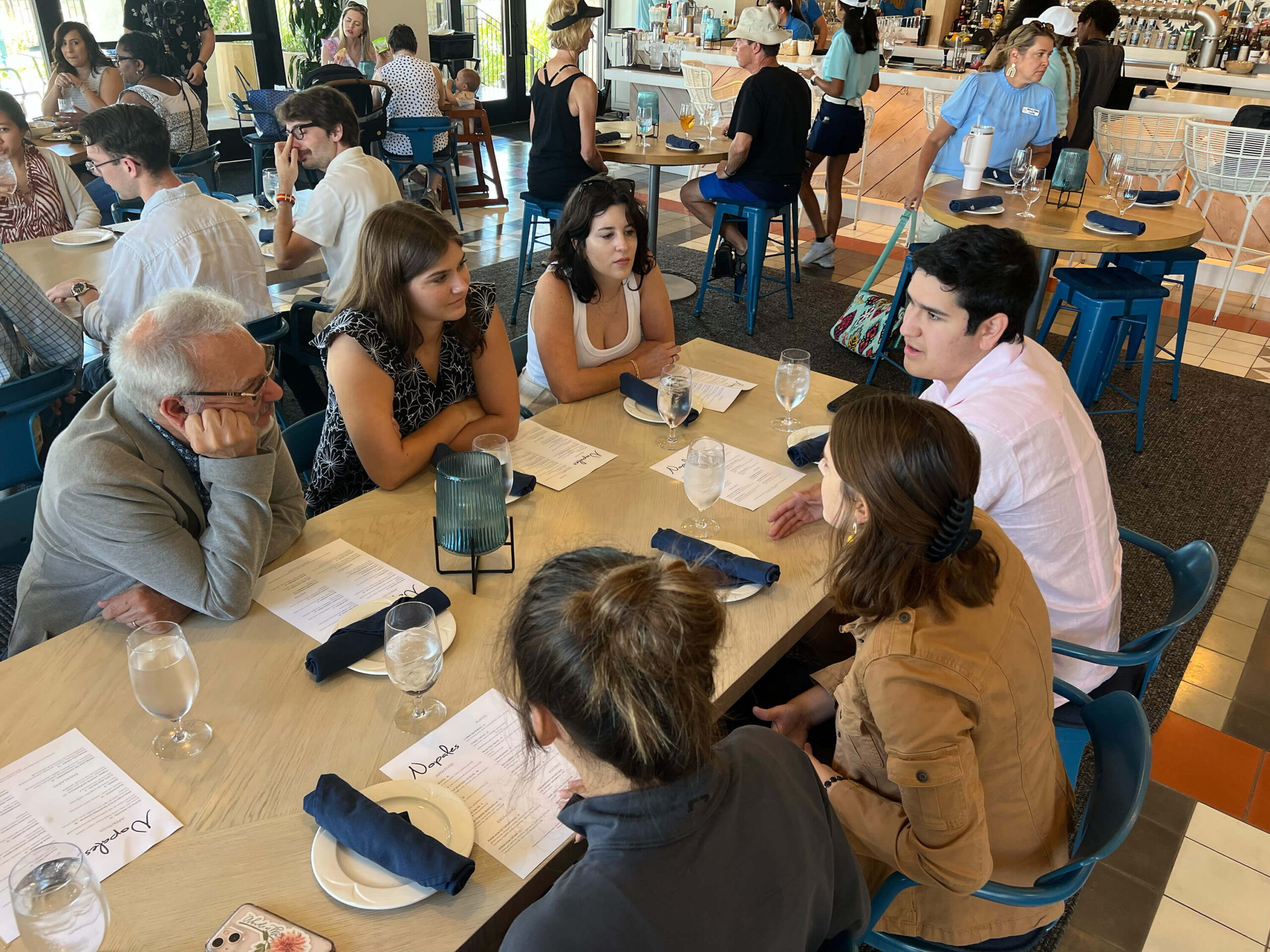
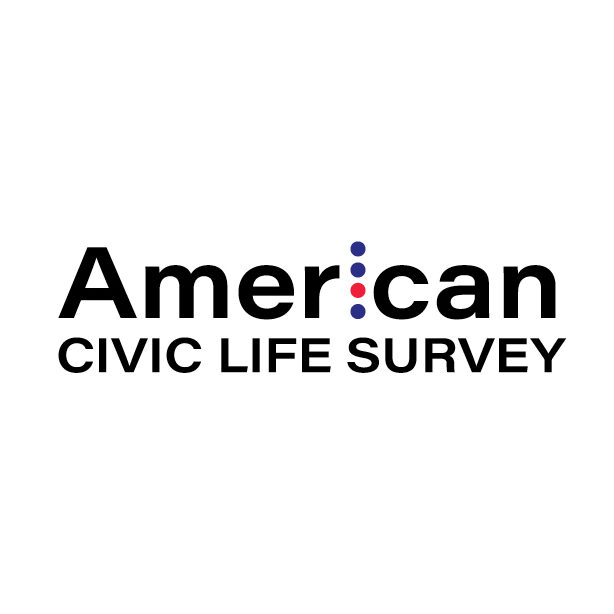
This twice-yearly survey is the premier national U.S. poll on Americans’ attitudes about fundamental liberties, democratic institutions, and free enterprise. Conducted in partnership with YouGov, the survey is a gauge of how well Americans understand civic ideals and how much confidence they have in the institutions that make individual, political, and economic liberty possible. The survey serves as an original source of knowledge about how demographic, financial, educational, and political factors influence Americans’ optimism about the future and the experience of opportunity in the U.S.
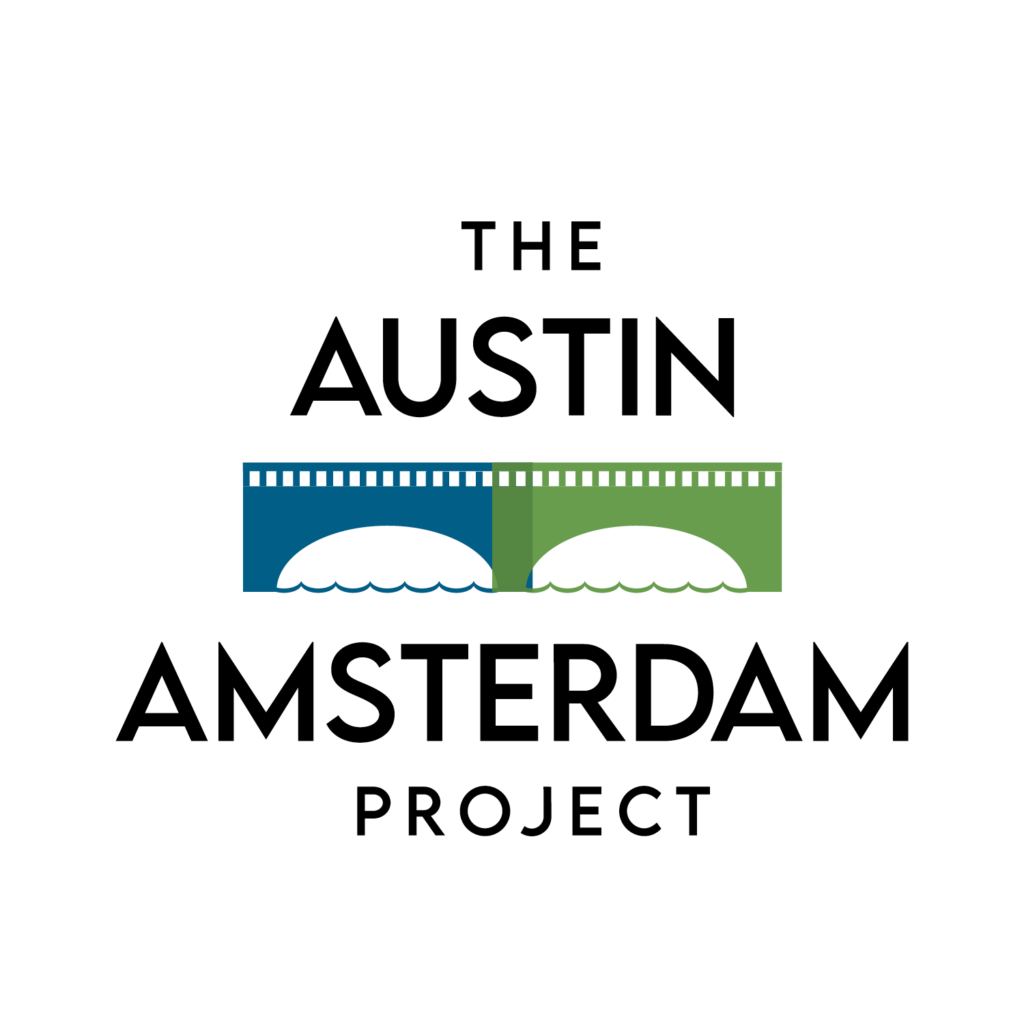
Freedom is an achievement. Historically, almost all societies have been censorious, illiberal, and often oppressive. When illiberalism gains a foothold in America and other developed democratic societies, we should all be concerned.
Every generation needs to understand and celebrate the countercultural achievement of liberty. The Austin Amsterdam project features leading thinkers on the principles of free inquiry, true tolerance, personal liberty, and social progress. It has a strong contrarian streak and does not shy away from breaking with the conventional wisdom of the day.
The project gets its name from past and present bastions of openness and true tolerance.
Amsterdam in the 17th century was at once the most capitalistic and tolerant place on earth. The heart of a far-flung commercial empire, Amsterdam was familiar with diverse peoples, places, and ideas. It famously opened its doors to those fleeing philosophical and religious persecution.
Austin is today’s Amsterdam. It is open and tolerant, unapologetically commercial, hardworking, and hospitable to different – even competing – worldviews. It embraces the pursuit of profit and the pursuit of happiness.
The world could use more Amsterdams and Austins, which is why this project supports research on the nature of openness as an individual and social phenomenon, how economic and social progress are related, and how public policies expand or restrict liberty at the individual and societal level.
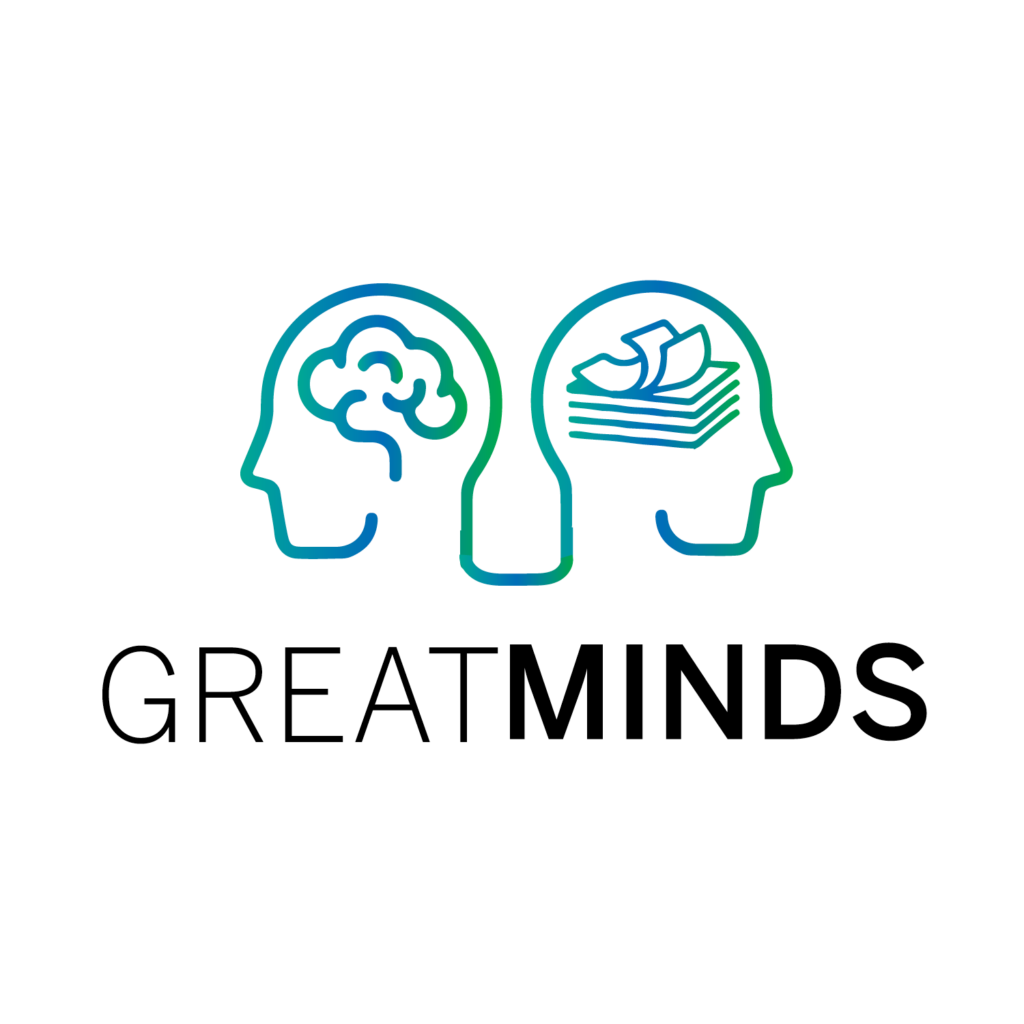
The most important thing about the great thinkers of the past is their relevance for our future. Knowing the classics is important for our historical understanding, but the truly great thinkers tap into something that endures about the human condition.
We need this project because declining literacy about the classical, liberal tradition among elites and the general public is having an observable deleterious effect on our institutions, society, and economy.
This project will publish regular essay-length reflections by scholars of the great thinkers – from Plato to early modern and Enlightenment thinkers to the 20th century – so that we can learn from their enduring insights as we wrestle with today’s social, cultural, and economic challenges.
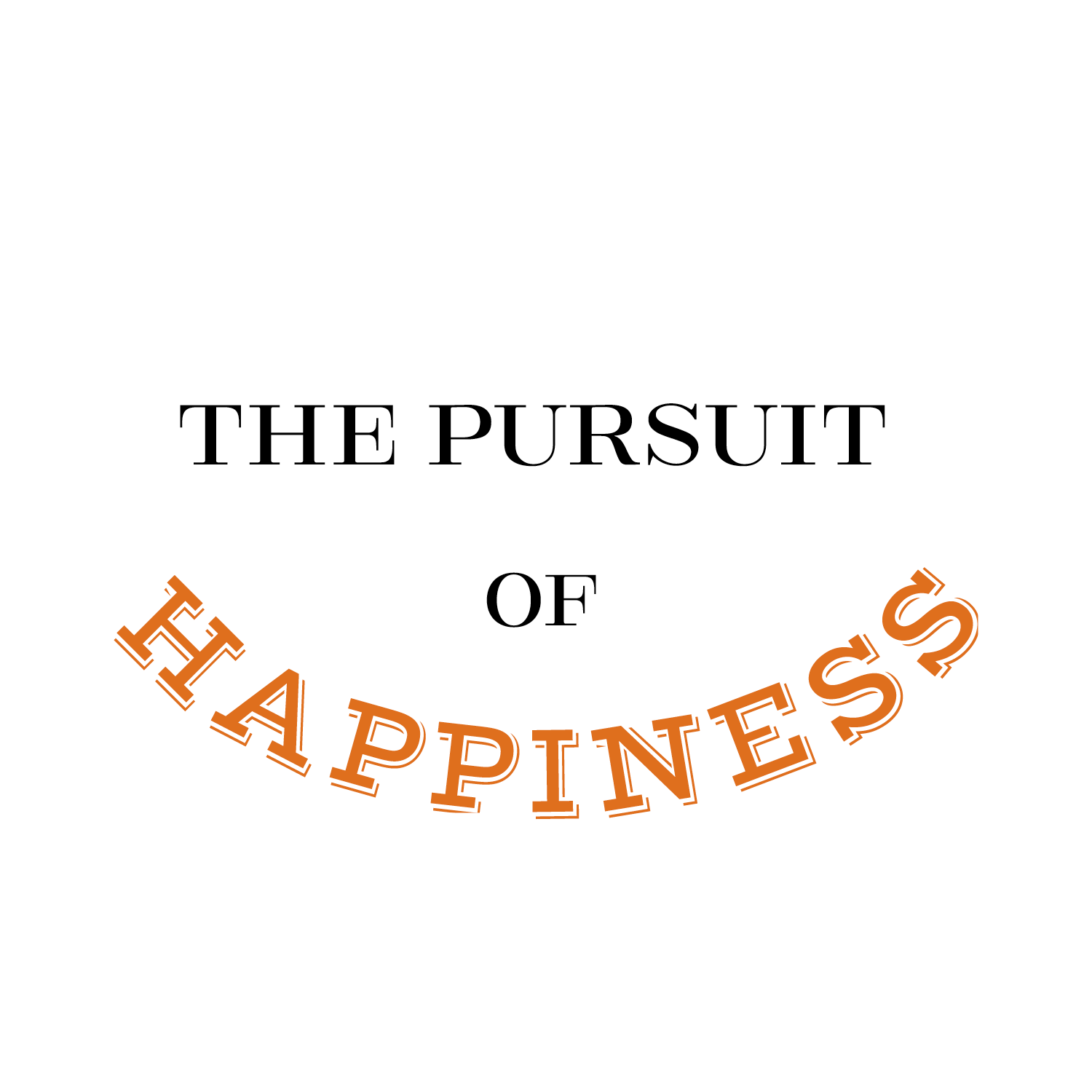
Of the three unalienable rights, the pursuit of happiness has gotten the least attention as a legal and policy objective. “Life” and “liberty” have been conceptualized, debated, and baked into our legal and political institutions.
But what about the “pursuit of happiness?”
Not only is there scholarly disagreement about what the pursuit of happiness meant to the Founders, there has never been a systematic attempt to define it as a subject for our policy and legal debates.
This project, which consists of a paper series, a podcast, and an events series, will be the first academic project of its kind to bring greater definition to the pursuit of happiness through history, political philosophy, social psychology, neuroscience, and economics. It will also feature an annual ideas festival on the wide range of new research on happiness.
The project aims to help political, legal, business, and cultural leaders understand what it means to make the pursuit of happiness one of the central aims of policymaking as the Founders intended.
